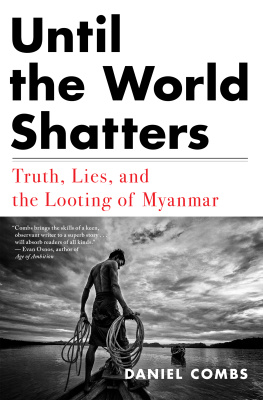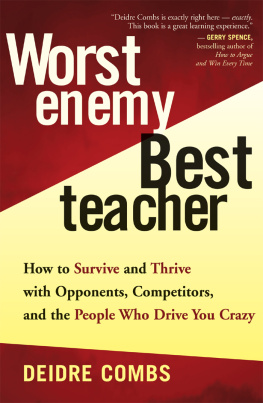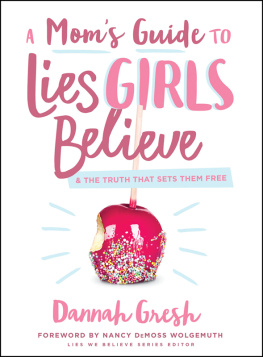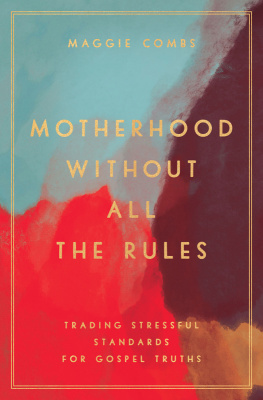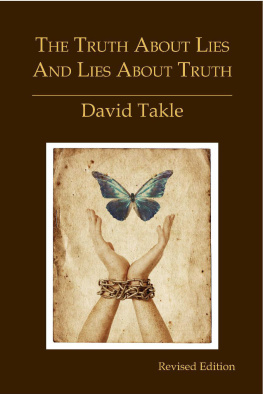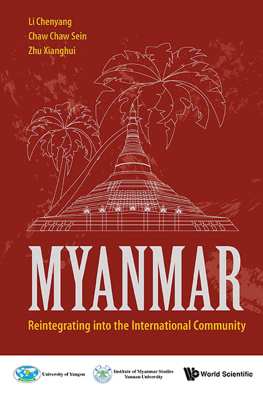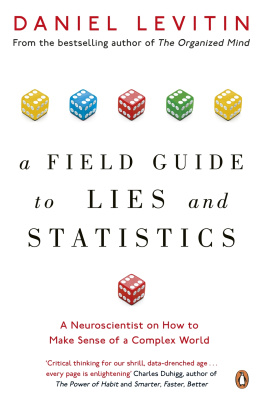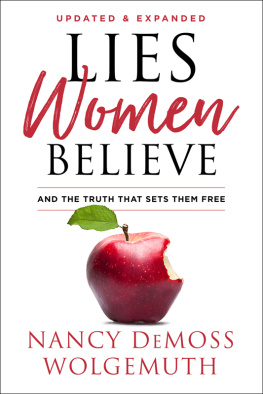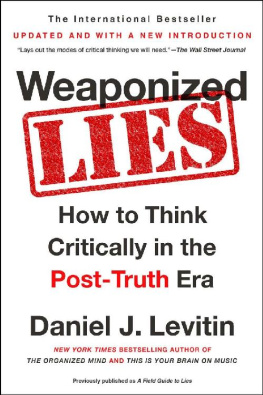Daniel Combs - Until the World Shatters: Truth, Lies, and the Looting of Myanmar
Here you can read online Daniel Combs - Until the World Shatters: Truth, Lies, and the Looting of Myanmar full text of the book (entire story) in english for free. Download pdf and epub, get meaning, cover and reviews about this ebook. year: 2021, publisher: Melville House, genre: Detective and thriller. Description of the work, (preface) as well as reviews are available. Best literature library LitArk.com created for fans of good reading and offers a wide selection of genres:
Romance novel
Science fiction
Adventure
Detective
Science
History
Home and family
Prose
Art
Politics
Computer
Non-fiction
Religion
Business
Children
Humor
Choose a favorite category and find really read worthwhile books. Enjoy immersion in the world of imagination, feel the emotions of the characters or learn something new for yourself, make an fascinating discovery.
- Book:Until the World Shatters: Truth, Lies, and the Looting of Myanmar
- Author:
- Publisher:Melville House
- Genre:
- Year:2021
- Rating:4 / 5
- Favourites:Add to favourites
- Your mark:
- 80
- 1
- 2
- 3
- 4
- 5
Until the World Shatters: Truth, Lies, and the Looting of Myanmar: summary, description and annotation
We offer to read an annotation, description, summary or preface (depends on what the author of the book "Until the World Shatters: Truth, Lies, and the Looting of Myanmar" wrote himself). If you haven't found the necessary information about the book — write in the comments, we will try to find it.
Daniel Combs: author's other books
Who wrote Until the World Shatters: Truth, Lies, and the Looting of Myanmar? Find out the surname, the name of the author of the book and a list of all author's works by series.
Until the World Shatters: Truth, Lies, and the Looting of Myanmar — read online for free the complete book (whole text) full work
Below is the text of the book, divided by pages. System saving the place of the last page read, allows you to conveniently read the book "Until the World Shatters: Truth, Lies, and the Looting of Myanmar" online for free, without having to search again every time where you left off. Put a bookmark, and you can go to the page where you finished reading at any time.
Font size:
Interval:
Bookmark:
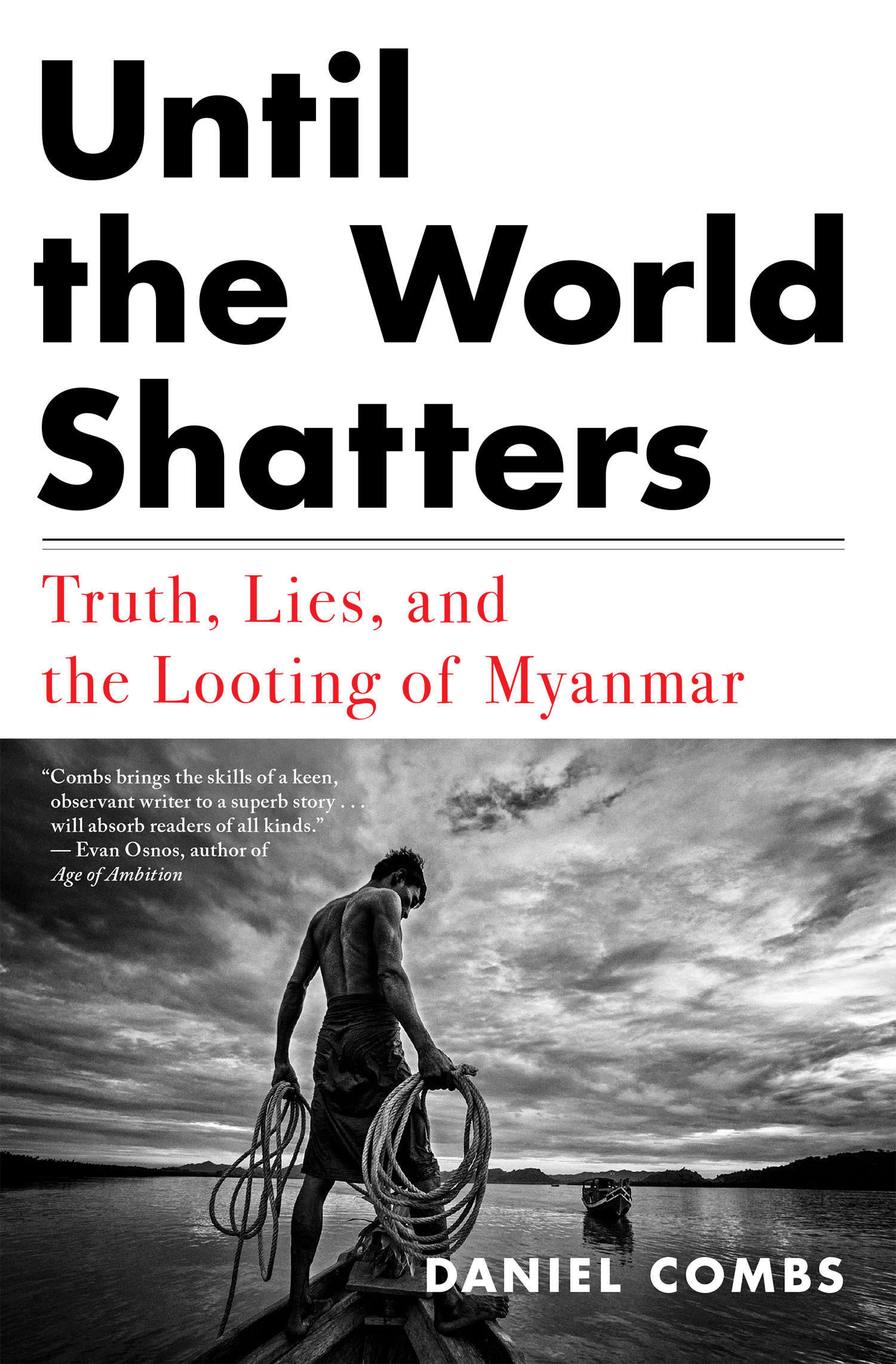
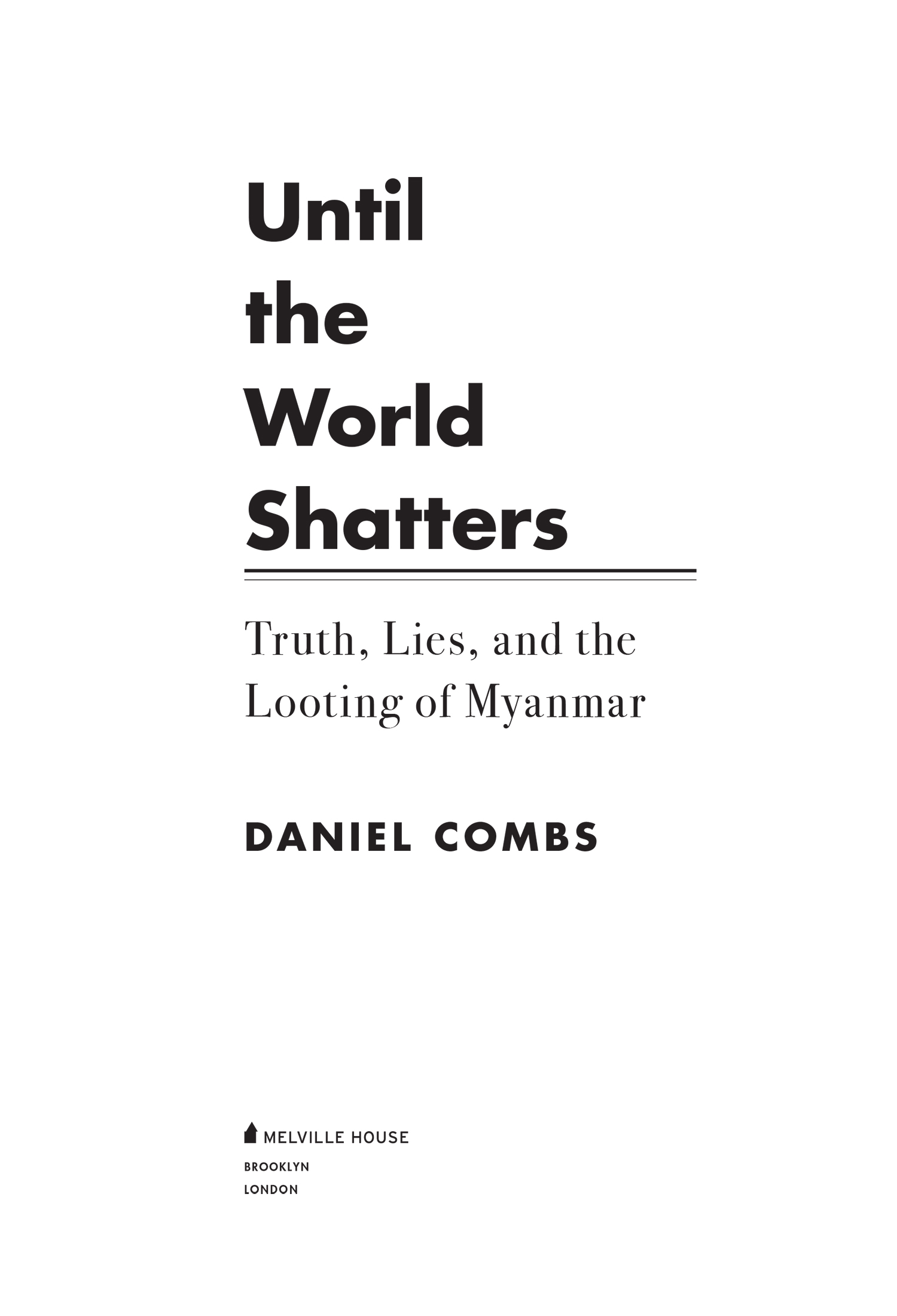
Until the World Shatters
First published in 2021 by Melville House
Copyright Daniel Combs, 2020
All rights reserved
First Melville House Printing: March 2021
Lyrics to Side Effect songs Meikhtila and The Change reprinted with permission of Darko C
Disclosure: The views expressed in this work are are the authors own and do not necessarily represent the views of the Department of State or the United States.
Melville House Publishing
46 John Street
Brooklyn, NY 11201
and
Melville House UK
Suite 2000
16/18 Woodford Road
London E7 0HA
mhpbooks.com
@melvillehouse
ISBN9781612198873
Ebook ISBN9781612198880
Library of Congress Control Number: 2020950398
Book design by Richard Oriolo, adapted for ebook
A catalog record for this book is available from the Library of Congress
a_prh_5.6.1_c0_r0
That which is real they know as real,
that unreal, to be unreal;
roaming fields of thought well-formed
they at the real arrive.
The Dhammapada
I know what I have to do. For every one step that they walk, I have to walk five.
Phoe Wa, photographer
The truth is simple: To make a bullet, you need money.
Without any money, you wont have any bullets.
Bum Tsit, Kachin humanitarian
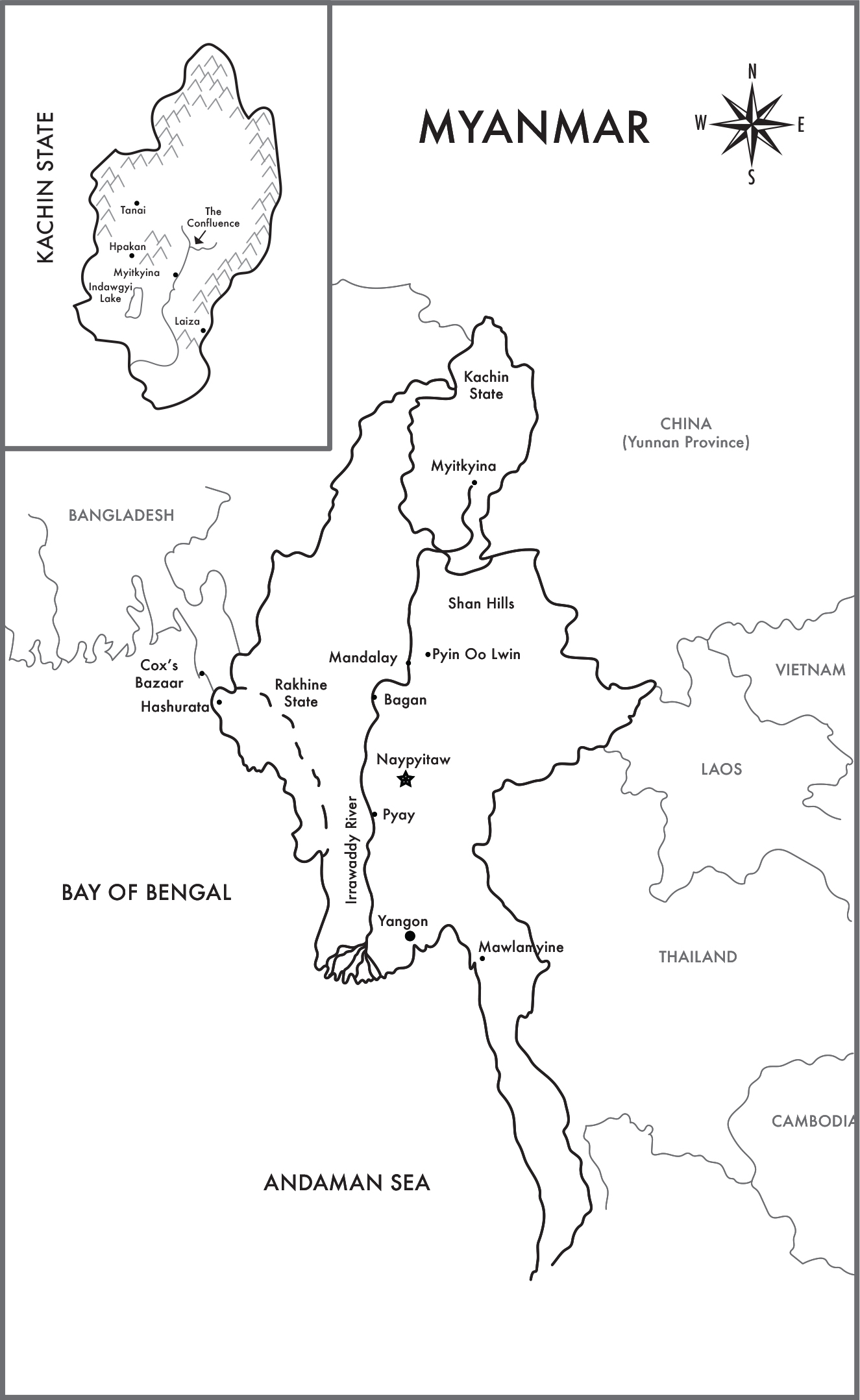
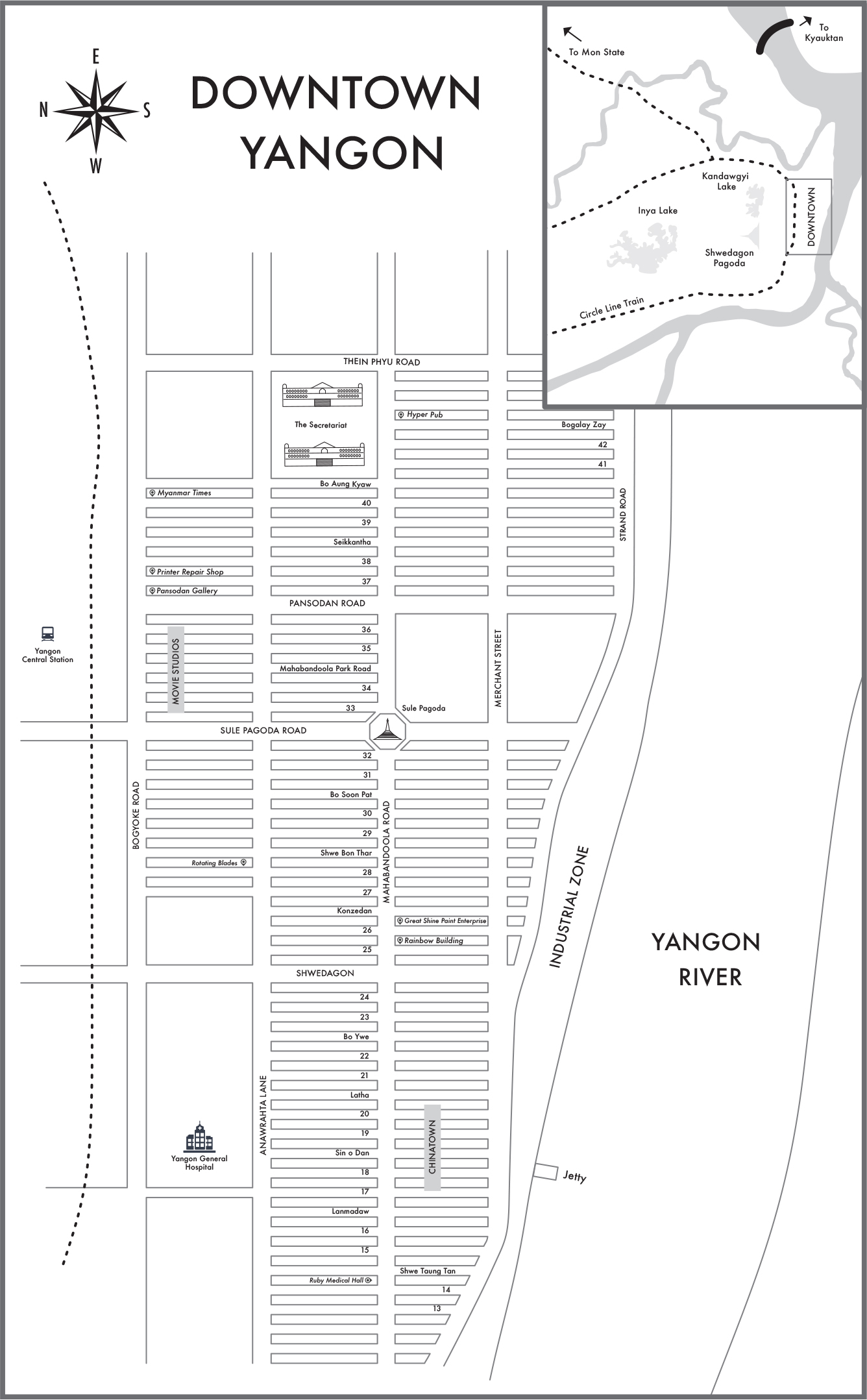
Like so much else in Myanmar, the very name you use for something can have political connotations. Burma vs. Myanmar. Rangoon vs. Yangon. Old vs. New. Often, these arguments are more emotional than practical. Burma and Myanmar mean roughly the same thing in Burmese. And Rangoon is simply the anglicized version of Yangon.
In this work, I have tried to stay consistent to what I heard while I was in the country. I use the name Myanmar to describe country, and Bamar to describe its dominant ethnic group. Those are the words most people used while I was in the country, and that is the name officially recognized at the United Nations. However, in conversation some people still use the word Burma to describe the country and Burmese to describe its majority population, and I have not altered any of these direct quotations. Likewise, I have chosen not to alter the many direct English citations from Myanmar-based writers that are in this text, despite occasional misspellings and grammatical errors.
This is a work of nonfiction, and Ive used real names wherever possible. However, as many in Myanmar still do not trust the state system to have their best interests at heart, I have changed names where requested. Bum Tsit, the Kachin businessman at the heart of this story, asked me not to use his real name. Bum Tsit means Green Mountain in the Kachin language.
Burmese is a complicated and beautiful language that doesnt always translate well into the Roman alphabet. The below pronunciation guide may be helpful for some readers:
Aung San Suu Kyikyi is pronounced like ch in cheese
Myitkyinakyi is pronounced like ch in cheese
Bo Aung Kyawkya is pronounced like j in jaw
Rohingyagy is pronounced like the soft g in engine
Pyayyay is pronounced like ee in see
Hpakanhp is pronounced like the breathy p in power
Phoe Waph is pronounced like the breathy p in power
The train to Kachinland clacks thirty hours north from Mandalay on old colonial tracks. The heavy rhythm of the metal wheels beats a mantra for change as the train passes from one world to another: from the river valley to the mountains; from the center to the periphery; from the heart of state control to an invisible border world.
Along the way, the train stops in Shwebo, Hopin, Mogaung. Places with old names that hold memories and forgotten truths. When a column of British colonial soldiers passed this way in 1888 on a mission to subjugate the warrior hill tribes and secure the famed Kachin jade mines, Major Charles Adamson lamented the fact that locals kept so many secrets from the foreign military men. Of the road from Mogoung to the Jade mines little could be learnt, he reported. As those people who knew the road were almost invariably interested in keeping the knowledge from us.
Secrets have always held power in a place like Kachin, where the interests of governments, businessmen, and local militias have been colliding for over a century. The treacherous mountain geography and dangerous malarial jungles impede both invading armies and the flow of information. The land is secretive for a reason. Kachin State, in Myanmars far north, is home to unimaginable wealth. Every year, billions of dollars worth of jade spill down from the mountains that Adamsons men labored to find, driven by a ravenous, mystically attuned demand from China.
In the Kachin hills, locals and outsiders still battle for control over those resources, and for much more. In many ways, it is a fight for Myanmars soul.
I arrived in Myanmar in the beginning of September 2017, on a one-year fellowship to study Burmese and do research on the countrys civil war. The fellowship and the research were tied to the masters degree I was working toward at Columbia Universitywhere I was studying international security policybut the decision to come back to Myanmar was just as much personal as it was professional.
I first visited the country in 2012. It was easily the most complicated, interesting, and difficult place I had ever been, and I wanted to learn more. That first time, as a twenty-three-year-old traveler living out of a backpack, I had been fascinated by a country that seemed to have stepped sideways in time. After five decades spent isolated from the rest of the world under a series of authoritarian rulers, everything about Myanmar felt uniquethe people and their politics far more preoccupied with their own convoluted history than with what was happening outside their borders. There were no Western brands in Myanmar, no cell phones, no ATMs in the entire country. It felt like a story that hadnt finished telling itselfeven names werent settled. Was it Rangoon or Yangon, Burma or Myanmar? That sense of mystery and unsettled history was compelling.
I remember coming from Thailand with two thousand dollars hidden between the pages of different novels in my backpack, waiting to be changed into local currency at the black market money changers my friends had told me could be found around a pagoda in downtown Yangon. I remember walking through a Shan marketplace and encountering a psychedelic rainbow of fruit I had never seen or smelled or tasted. I remember making a phone call to a friend back home. Shut off from the global telecommunications boom, there were no SIM cards in Myanmar. So to dial out I had to stand on a street corner at a table run by an old lady, where twelve old rotary phones snaked together in a tangle of wires to plug into the telephone pole leaning out over the busy road. When I was done, a man passing by with a towering plate of desserts on his head handed me an orange cake and thanked me for visiting his country. I was hooked.
Font size:
Interval:
Bookmark:
Similar books «Until the World Shatters: Truth, Lies, and the Looting of Myanmar»
Look at similar books to Until the World Shatters: Truth, Lies, and the Looting of Myanmar. We have selected literature similar in name and meaning in the hope of providing readers with more options to find new, interesting, not yet read works.
Discussion, reviews of the book Until the World Shatters: Truth, Lies, and the Looting of Myanmar and just readers' own opinions. Leave your comments, write what you think about the work, its meaning or the main characters. Specify what exactly you liked and what you didn't like, and why you think so.

